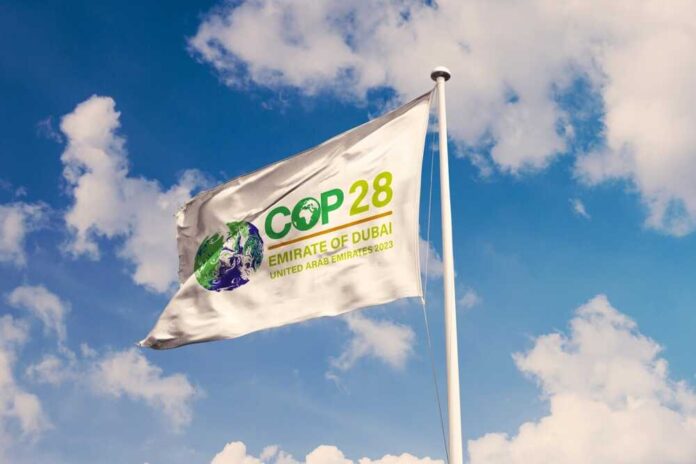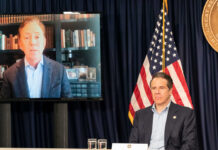
The next United Nations COP28 annual climate summit will reportedly put pressure on global leaders from industrialized countries to reduce their meat consumption. Developing nations, whose under-consumption of meat exacerbates a nutrition problem, should enhance their animal production practices, whereas those that consume an excessive amount of meat should cut down.
The United Nations’ anti-meat stance is a component of the FAO’s COP28 “roadmap” to limit the increase in temperatures worldwide by 1.5 degrees Celsius per the Paris Climate Accord.
According to the FAO, the meat sector is the one causing global warming due to its nitrogen and methane emissions. But the research is far from “settled” on emissions from cattle, as the UN has suggested. This year, for instance, scientists at the University of California, Riverside, found that methane mitigates 30% of the warming of Earth’s surface via its role as an atmospheric heat trap and its contribution to the formation of cooling clouds. That is to say, raising cattle most likely has the opposite effect of warming the world: it cools the earth.
Even if the science is still up in the air, FAO plans to bring about “transformative change” in the food business.
These “transformations” in the food industry seek to eliminate or significantly reduce the use of meat. Another group concerned with environmental issues, the Eat-Lancet Commission, suggests limiting yearly meat consumption to 15.7 kilograms annually. Americans devour over 127 kilograms of meat.
Some climate goals are more extreme. The C40 Communities Climate Leadership Group, led by Michael Bloomberg and composed of almost 100 communities, including 14 American towns, intends to eliminate the consumption of dairy and meat by 2030.
To reach 2030 climate objectives, the Netherlands government threatened to take 3,000 farms last year. The Dutch farmers would be barred from establishing farms elsewhere in the EU. Many Dutch farms closed due to unsustainable fertilizer and livestock climate laws.
Sri Lanka prohibited chemical fertilizer in 2021, causing agricultural failures and skyrocketing gasoline costs. It caused Sri Lanka horrific political and economic turmoil.
Sri Lanka is facing its greatest economic crisis since 1948, and foreign currency assets are at their lowest ever owing to government mismanagement. Most residents have encountered catastrophic inflation and gasoline, food, and medical shortages.














